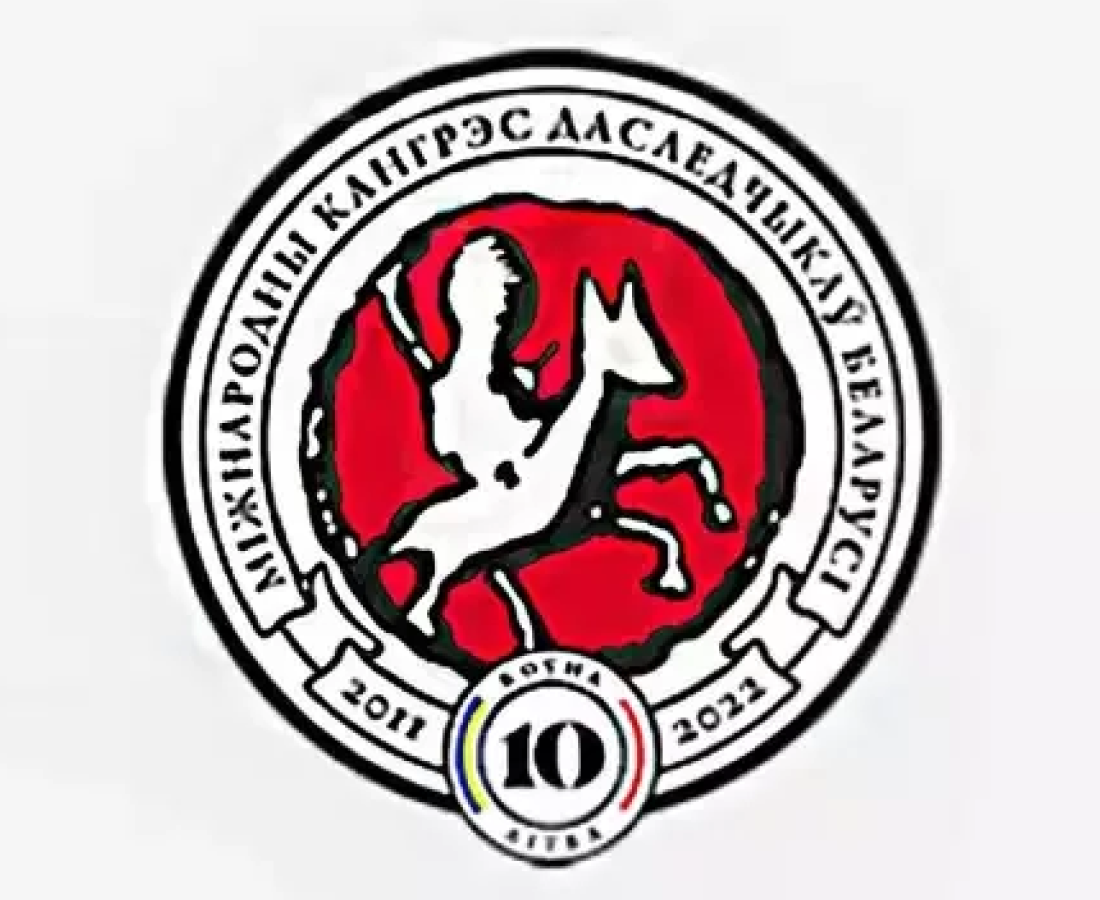
On September 25–27, at Humboldt University in Berlin, the largest Belarusian academic forum — the International Congress of Belarusian Studies — took place. The Congress is a major annual academic and expert event bringing together the leading intellectual centers that study Belarusian society, politics, and culture. Its mission is to foster a community of scholars, analysts, and experts, as well as to deepen understanding of Belarus in academic circles across the country, the region, and the world. This year, the Congress hosted more than 50 sections covering various aspects of Belarusian history and contemporary life.
For the first time, with the initiative and organizational support of the Museum of Free Belarus, a museum panel was held: “Belarusian Museology: Responsibility under Conditions of Repression and Exile.” The museum’s staff presented two reports:
Another report, “Representation of the Collective Trauma of the Belarusian Revolution of 2020 in the Socio-Cultural Discourse and Artistic Space of Exile,” examined how the traumatic experience of Belarusian society is reflected through art, theater, and museum activities, especially in the context of forced emigration of active citizens and censorship within the country.
Great interest was also drawn by the presentation of Elina Kalnibalotskaya, Development Director of the Belarusian Council of Culture, “ArtBorn Belarus: The Return of Art and Artists.” The project, initiated by the BCC, focuses on re-examining Belarusian artifacts in world museums (re:vision) and on cooperation between the Council of Culture and the POLIN Museum of the History of Polish Jews.